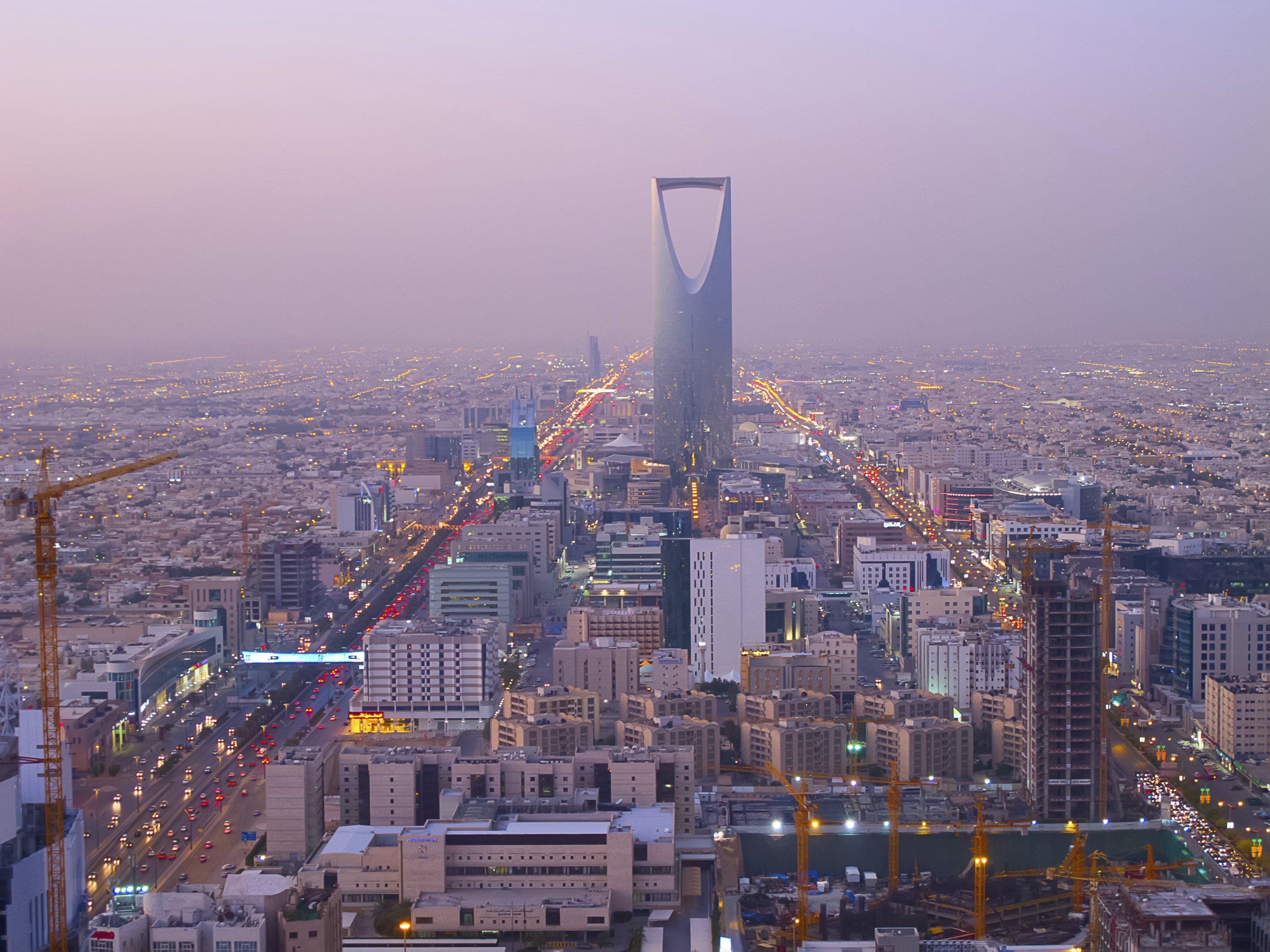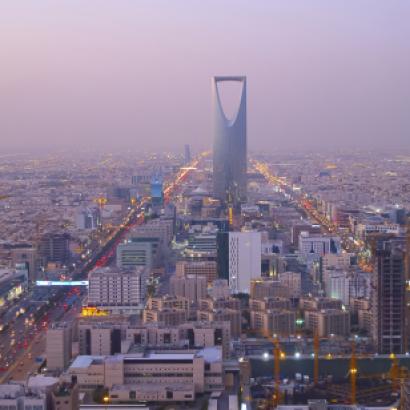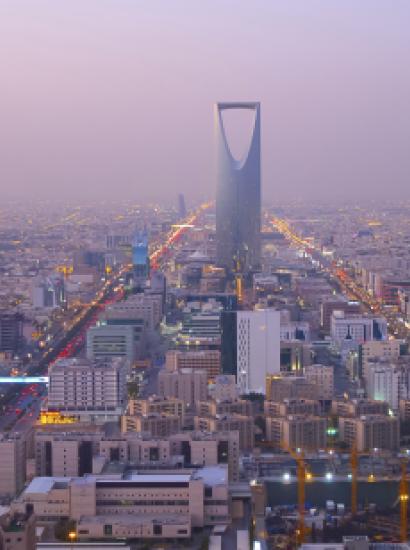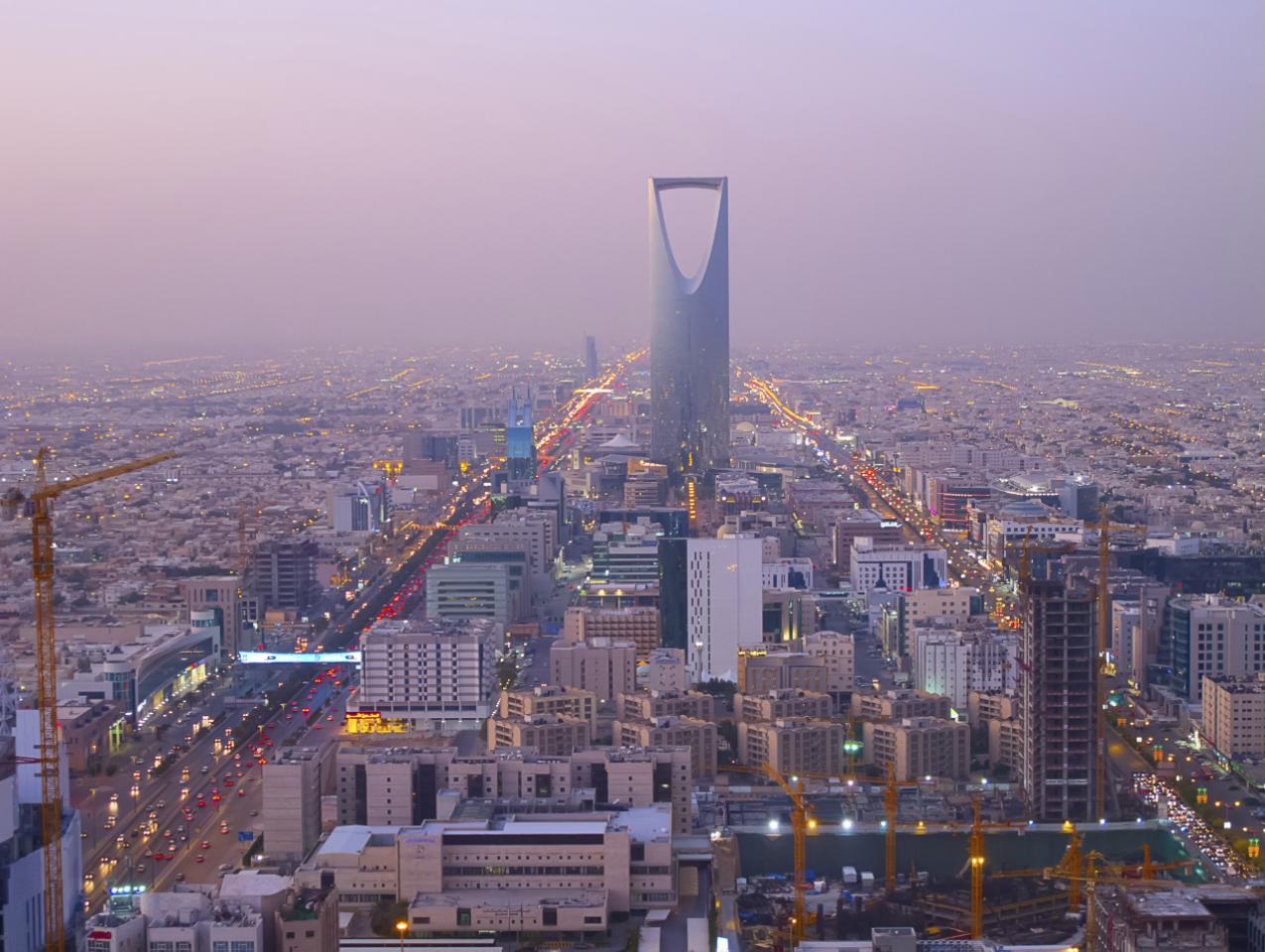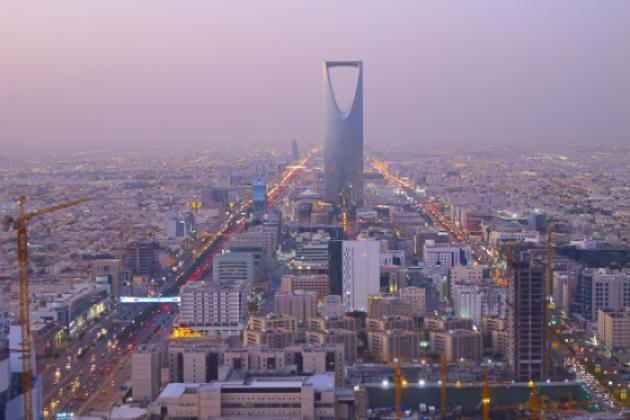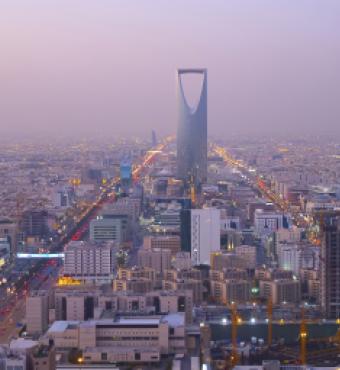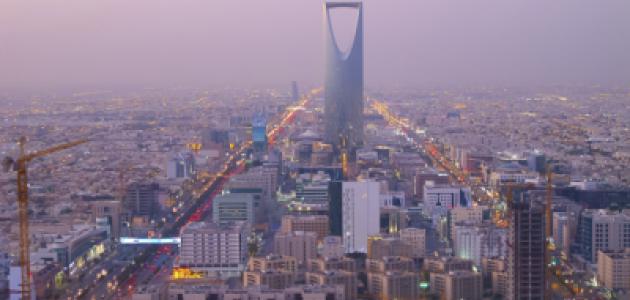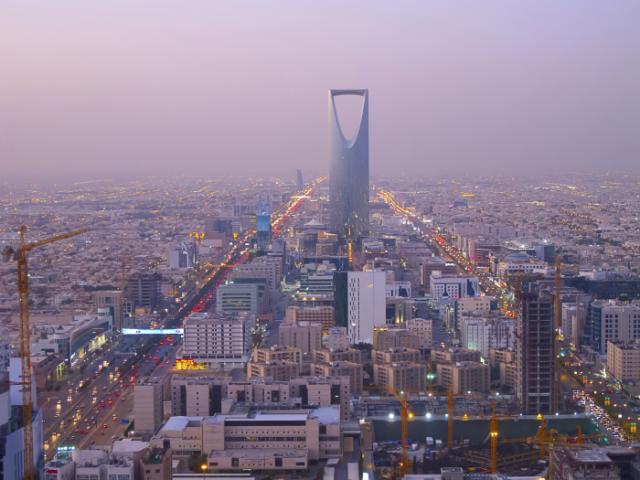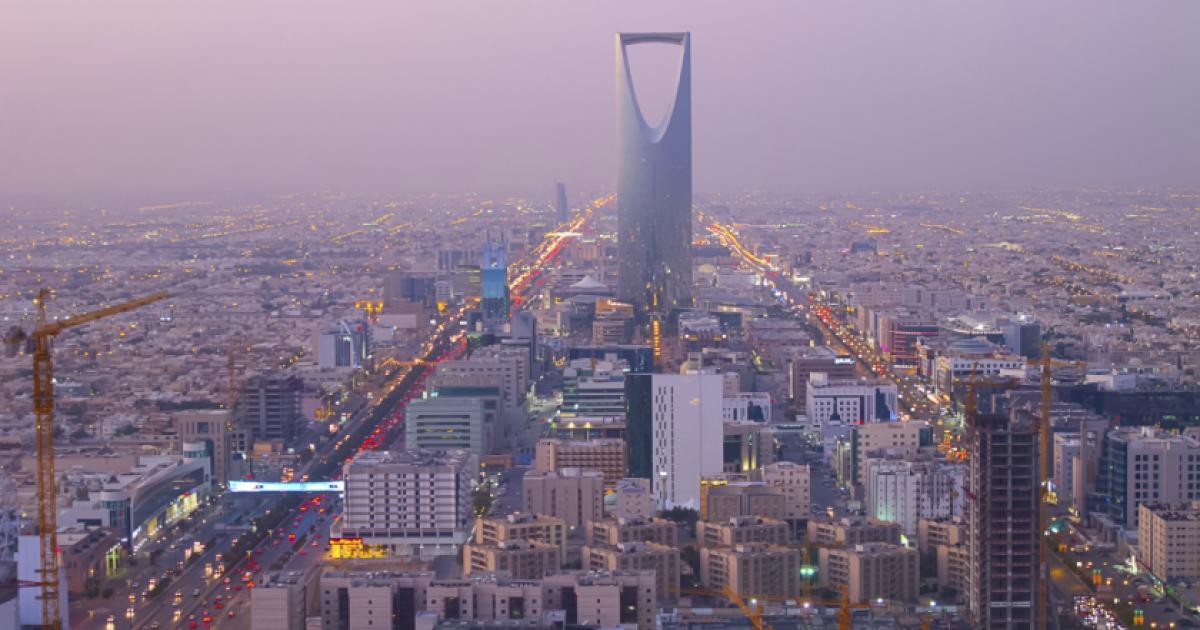Saudi Arabia’s strategic vision is, to put it bluntly, whatever is best for the ruling House of Saud. Discerning that vision, especially at times of strain and possibly change, has always been a challenge, given the opaqueness of the royal family and its public preference for platitudes. Worse still, the two guiding principles to understanding the politics of the Saudi royals are at least partly contradictory. The most-often quoted is that, despite royal family differences, the princes will not let their internal squabbles become public – they will always try to present a front of unity. The less well-known principle is that Saudi royal politics can be incredibly small-minded – and petty differences can have big consequences.
With this in mind, the notion of Riyadh having a regional view which merits the label of being a strategy is generous at the best of times. And the last 12 months have not been the best of times.
A year ago, in January 2015, King Abdullah, 92, died after several weeks of a final illness, unspecified but probably complications of pneumonia. His last several months had been marked by limited concentration on the affairs of state, with occasional bouts of his trademark cantankerousness. Such inadequacies could have been masked if the Middle East had been comparatively quiet but two events interfered. The price of oil, the key to the kingdom’s prosperity, had dropped to below $50 per barrel from the $130 figure of the previous summer. And the Houthi rebels in neighboring Yemen had taken over much of the capital, Sanaa, and had rejected a new draft constitution proposed by ever weaker government of President Abdrabbuh Mansour Hadi.
Now, 12 months on, the price of oil has been slipping below $30, and the war in Yemen, launched amid much popular enthusiasm in March 2015, is going nowhere. Meanwhile, the new monarch, King Salman, is showing his age, walking with a stick and, according the New Yorker, when meeting Secretary Kerry, reading his talking points off an iPad. His notional successor is Crown Prince Muhammad bin Nayef, only marginally more dynamic, and said to be still trying to get over the shock of almost being blown asunder by a suicide bomber in 2009. Instead, power is concentrated on one of the king’s younger sons, Muhammad bin Salman, the mere 30 year old defense minister and deputy crown prince known as MbS, whose rapid climb is wholly a consequence of being his father’s favorite.
Unsurprisingly such changes have policy implications. King Abdullah is remembered for his contempt for Iran (as in the great line from a Wikileaked State Department cable “cut off the head of the snake”), his disdain for Hamas in the Palestinian arena, and his weakness in allowing the young Emir Tamim of Qatar to irritate him. King Salman, or rather his son, MbS, has evolved a different policy. Though still contemptuous towards Iran, much effort has gone to keeping as many Arab leaders inside the proverbial tent as possible. Hence an early reaching out to Hamas although matched by closer ties with Egyptian President Abdel Fattah Sisi, whose own views of the Muslim Brotherhood are considerably less charitable. Emir Tamim of Qatar has been gracious enough not to publicly clash with King Salman. Now the only outliers are President Bashar Assad of Syria, with whom no compromise seems possible, and Sultan Qaboos of Oman, who seems to enjoy his geographical status on Arabia’s periphery and what appears to be his good fortune of surviving what everyone else thought was a terminal case of colon cancer.
The style of Saudi policy is to keep King Salman almost constantly in the public gaze. There seem few foreign, especially Arab, dignitaries that he doesn’t appear ready to meet amid much pomp and ceremony, almost daily. The commander of U.S. CentCom, President Erdogan of Turkey, Mahmoud Abbas, President Essesbi of Tunisia, okay. But the presidents of Tajikistan and Uganda? However, what counts more is the modus operandi of MbS who is used as a special envoy for his father, when occasions (like meeting President Putin) demand more diplomatic heft than can be provided by the foreign minister, the smooth former ambassador to Washington, Adel al-Jubeir. So what sort of man is MbS?
According to one niche follower of the Saudi royals, MbS is “unsophisticated.” This is meant as a compliment, reflecting MbS’s non-western education and preference for wearing sandals rather than Gucci shoes along with his Arab robes. But MbS appears to lack social graces as well. Family lore has it that King Abdullah once threw MbS out of his majlis, the semi-formal royal occasion notionally open to all. On another occasion MbS asked a favor of the, now dead, long-serving interior minister Prince Nayef, who told him to go away and clean up his style of doing business. That style, according to ambassadors in Riyadh who can’t confirm the anecdote but nevertheless believe it to be true, included on one occasion leaving a live bullet on the desk of a rival for a deal.
So Saudi Arabia today is trying to unite the Arab world, while countering Iran in Yemen, Syria and elsewhere, and also coping with an oil price which remains stubbornly weak. And the key individual, Deputy Crown Prince Muhammad bin Salman, when he is not espousing technocratic visions to the likes of Thomas Friedman in the New York Times or the editorial leadership of The Economist, appears to operate as if he is a character in “The Sopranos.” In fairness to Saudi Arabia, several other Middle East states (and others elsewhere in the world) may deserve to be similarly type-cast. Today’s Middle East may be free (or not) of the prospect of Iranian nuclear weapons but worryingly still functions at a level of intimate rivalry which challenges high-minded notions of regional stability and prosperity. For the U.S. the policy challenge is to develop a partnership which can function in such circumstances.







